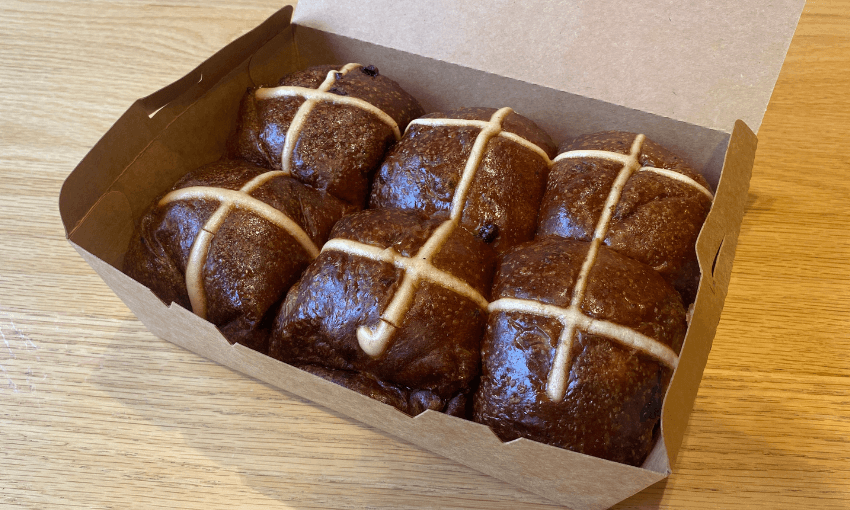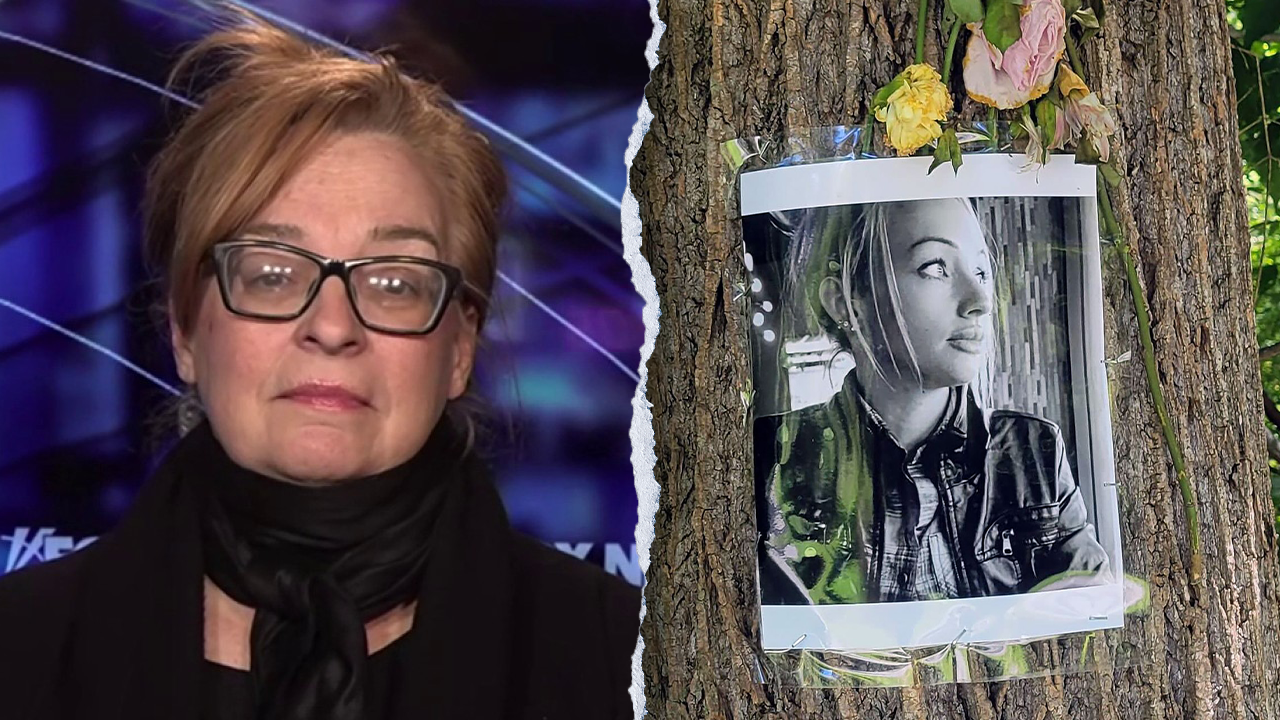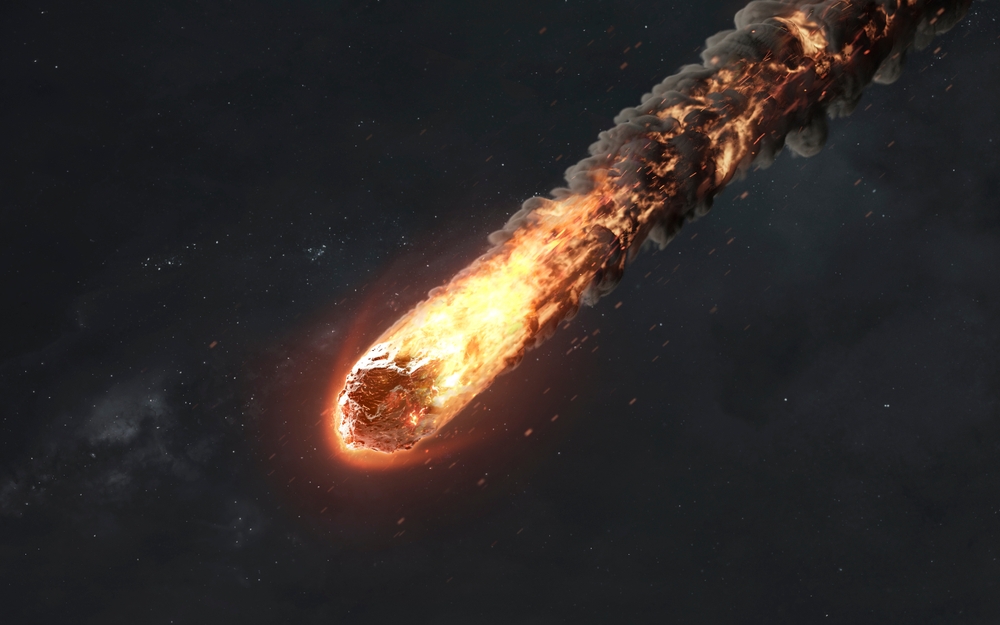Most of the time, the word “dynasty” is thrown around too readily when it comes to sport.
It’s a regal word which conjures images of palaces, thrones, glinting crowns and an empire on which the sun never sets, one which lasts for centuries and feels eternal.
Whatever Penrith are doing won’t last for centuries. It might not even last into next year. But with the Panthers staring true greatness dead in the eye, dynasty is not a dirty word.
It might feel premature to some, but the number stack up. Making three grand finals in a row isn’t easy – some of the the teams that have done it in the past half-century are sides like Peter Sterling’s Eels, Mal Meninga’s Raiders or, more recently, Cameron Smith’s Storm.
Likewise, going back-to-back takes a fair bit of doing. Allan Langer’s Broncos did it, and so did Boyd Cordner’s Roosters.
All of the teams described above are among the best of modern times, teams that dominated and defined their time and live forever in our memories as a result. Now, with one more win, Isaah Yeo and Nathan Cleary’s Panthers can join them.
They can go from good to great and transform from another championship side to something eternal, in front of our very eyes.
Walking that path isn’t without it’s struggles, and their 32-12 win over South Sydney did not have the inevitable qualities of Penrith’s signature wins.
The Rabbitohs got off to a hot start and led 12-0 against a Panthers team who looked a little underdone after just one match at full strength in the past three weeks.
But every team with dynastic credentials has its own unique superpower. For some teams it’s their attacking class, their defensive resolve, or an ability to execute under pressure that wilts other teams.
For Penrith, it’s their relentless physicality. They are a skilful side to be sure, but their true brilliance is in their brutality.
They won’t stop hitting hard until either they or their opponents break, and Penrith forgot what breaking even feels like a long time ago.
That’s how, in the space of 10 minutes before half time, Penrith levelled up from 12 points down, with Brian To’o undoing so much of South Sydney’s good work with a 70-metre intercept try that included him throwing Cody Walker halfway back to Redfern.
It’s how they took control of the game after the break, courtesy of rampaging displays from Viliame Kikau and Spencer Leniu, who both played with a physicality that suggested they had been wronged by the Rabbitohs in some deep and personal way.
From there, they played all the hits. Dylan Edwards ran often and well. Nathan Cleary kicked with a masters touch. Api Koroisau kept probing, Jarome Luai kept scheming and everybody kept playing with the controlled fury that has made Penrith the terror of the league for almost three full years now.
South Sydney stood up to that terror, for a while. Few teams in the league could spot them a 12-point start and go on to win. But when the two teams locked eyes, it was the Rabbitohs who blinked.
Not often, mind you, and against other, lesser teams they could have gotten away with it. But there is no getting away with anything against the Panthers. They are a furious team, one who never seem to tire of punishing their opponents shortcomings.
There isn’t much wrong with the Rabbitohs, but Penrith made them pay for it all the same. Rookie halfback Lachlan Ilias struggled under a merciless and suffocating assault from Kikau.



















;)
Discussion about this post